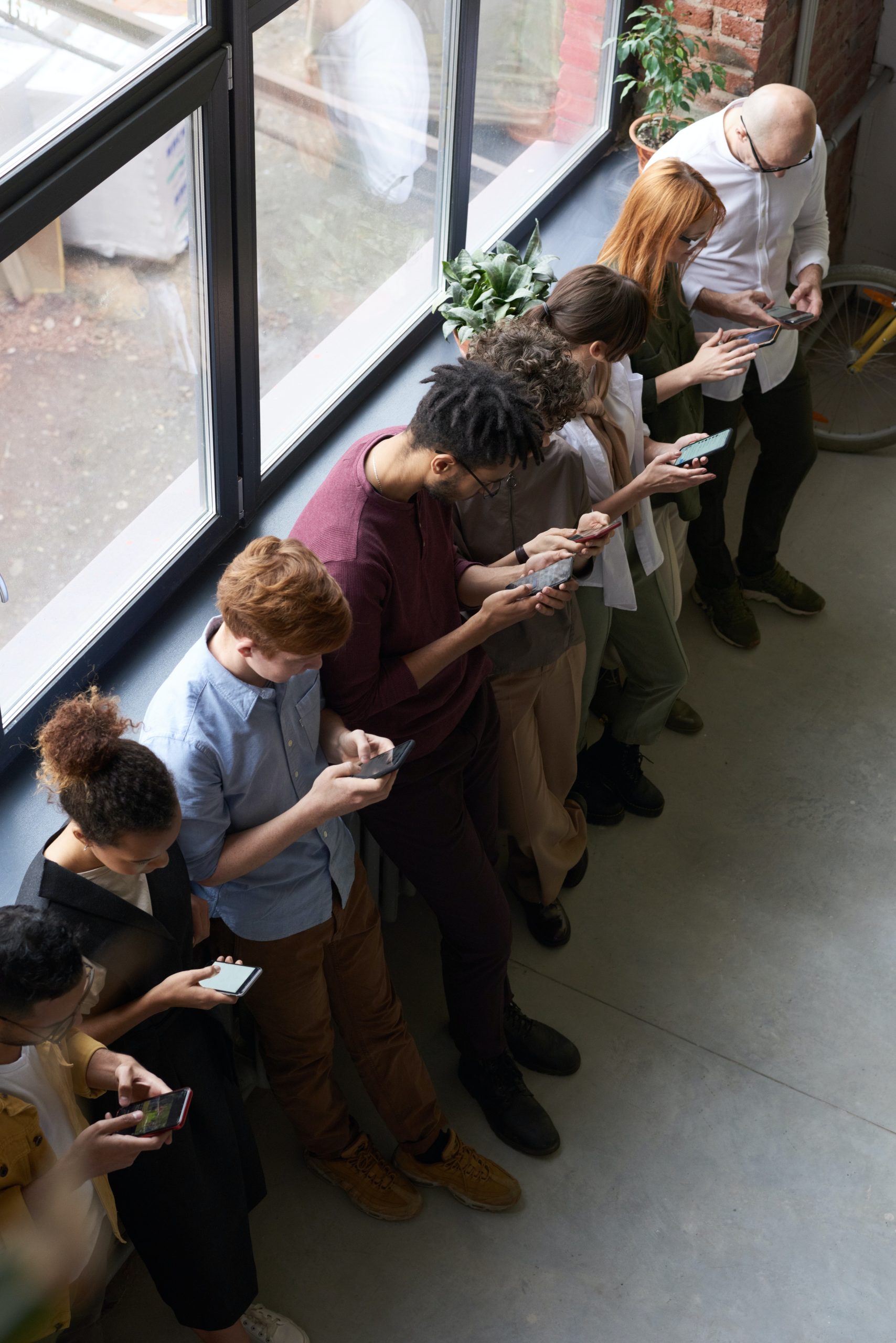It’s sometimes extremely difficult to get authentic sources for getting proper knowledge for general users of social media. It’s also impossible for general people to justify the credibility of their claims disseminated in social media. As a result, people follow both true, partially true, and false messages conveyed to them. Thus, some of them are motivated incorrectly to make a change in their lifestyle. As a result, short- or long-term negative health effects are developed. So, we need proper regulations to provide general people with the required nutritional support as well as protect them from other negative effects.
It is commonly observed the following consequences, particularly among children, after following wrong or partially true messages-
- Wrong self-assessment of their nutritional status.
- Negative attitudes toward the consumption of balanced and diversified foods.
- Very much eager and desperate to buy and consume food items suggested in videos watched on social media.
- Wasting money on buying recommended foods for a brief time instead of buying fresh, cheap, and locally available healthy food items.
- Caregivers like family members, relatives, friends, etc. are wrongly motivated to care for their family members. As a result, they place very frequently different roadblocks (negative or harsh comments, criticism, discouragement, etc.) for the care receivers. These negatively influence the process of developing healthy eating habits in a person-especially for children. As a result, there is a possibility of hampering the process of personal choice development eventually.
- The environment and habit of enjoying food along with family and friends are getting worse for having an opposite motivational point of view regarding food and beverages.
- Imbalanced dietary habits are adopted by diverse groups of people.
- Rehabilitation processes and centers are emerging to address complications developed for a group of people who were motivated and practiced specific diets, which are not suitable for them, by watching videos on social media (disseminating general recommendations).
Social media also has positive effects on us. Some of them are as follows:
- This cost-saving platform may be used as an effective tool for addressing the nutritional problems of mass people (An Overview of Social Media Use in the Field of Public Health Nutrition: Benefits, Scope, Limitations, and a Latin American Experience (cdc.gov)).
- Helps for implementation of nutritional interventions for young generations (The use of social media in nutrition interventions for adolescents and young adults—A systematic review – PMC (nih.gov)).
- Used as learning platforms by registered dietitians (RDs) for practice and dissemination of knowledge.” (Users, Uses, and Effects of Social Media in Dietetic Practice: Scoping Review of the Quantitative and Qualitative Evidence – PMC (nih.gov)).
- In general, the everyday health of general people is affected positively by social media (The Impacts of Social Media on Nutrition and Fitness – Social Trends (psu.edu)).
- Helps to ensure engagement and effective learning as well as contributing to the program like food security (Interest in Receiving Nutrition Information Through Social Media Among Food-Security Program Participants in Washington, DC (cdc.gov)).
- Effective audio-visual aids for the exchange of health and nutrition messages (Fresh Writing (nd.edu)).
To protect oneself from misleading information and promote positive and evidence-based motivational messages among general people, we must be exposed to an environment that increases the availability and accessibility of authentic sources of information. It would be beneficial to have a healthy nation. In addition, both quality and standard of living will be improved.
If you are interested to know more about the credibility of information disseminated by different social media as well as their impacts, please visit the following links:
How Does Social Media Affect Eating Habits? (verywellfit.com)
“Diet Culture” & Social Media (ucsd.edu)
How food influencers affect what we eat – BBC Future
Social Media and Health Care Professionals: Benefits, Risks, and Best Practices – PMC (nih.gov)
Social Media Misinformation Policies – Consumer Reports
The Social Media and Gut Health Influence (healthline.com)
*Featured image credit goes to https://www.pexels.com

